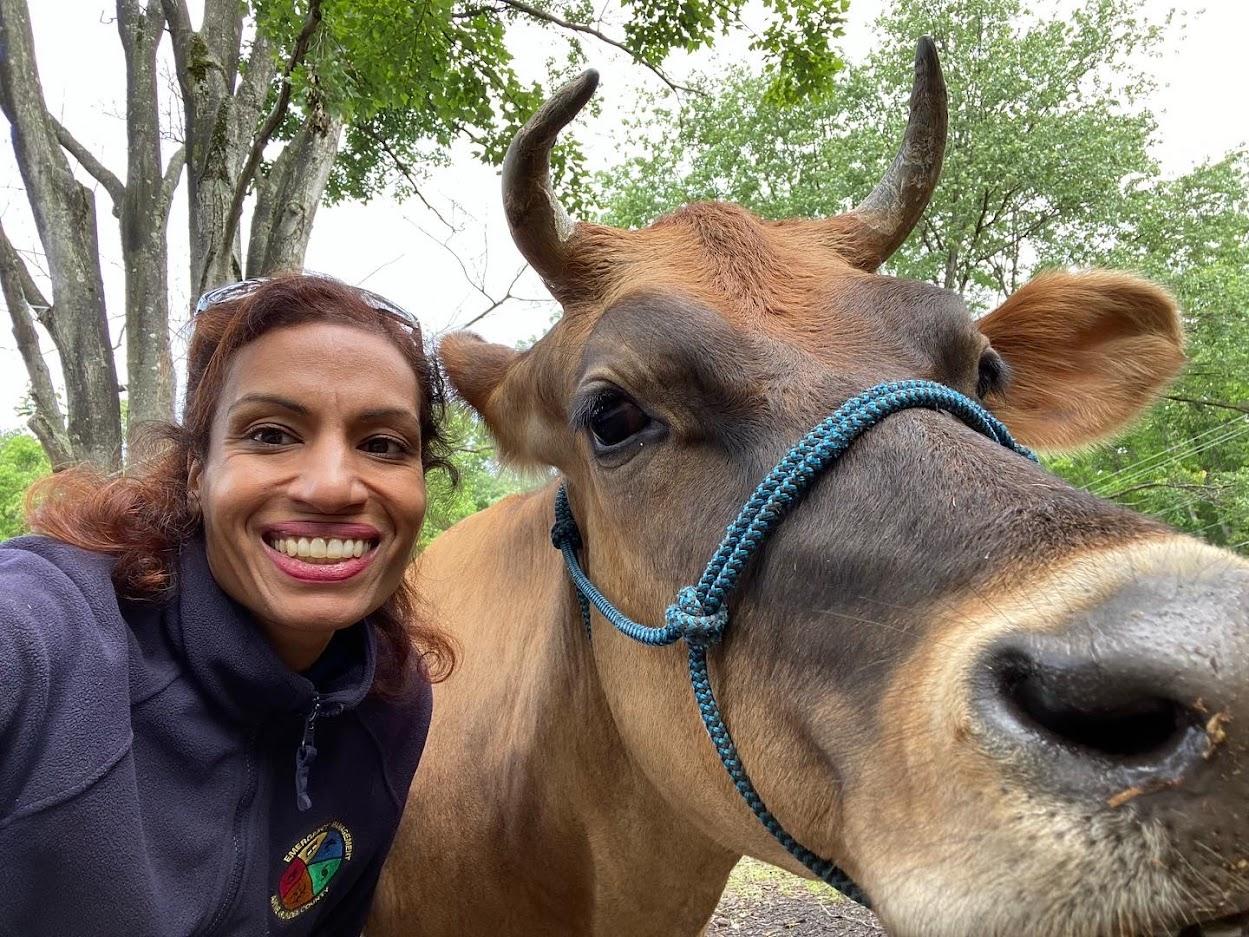
Create an Emergency Kit
- Help your pets prepare by creating a kit just for them.
- Include important items including:
- 3-day supply of food and water with bowls;
- Medication;
- Crate or carrier with a leash;
- Bathroom essentials including litter box or potty pads;
- Toys and treats; and
- Important documents such as vaccination records.
Identification
- Make sure your pets are microchipped and always wear an ID tag;
- Include your veterinarian on your emergency contact list; and
- Take a picture of you and your pet together to serve as proof of ownership if you are separated.
Evacuation
- Know your evacuation route and a backup route in case there are road closures or traffic;
- Plan for how you will evacuate with your pet(s) and practice it with them including getting in and out of the car quickly;
- Make a list of pet-friendly hotels/motels or boarding facilities to keep in your pet go-kit; and
- Arrange ahead of time for friends or relatives to evacuate your pet if you are not home.
Shelter-in-place
- Identify where you can shelter-in-place in your home;
- Practice sheltering in place with your pet to help reduce stress and anxiety during an emergency; and
- Bring extra toys or treats to provide familiarity during a scary situation.

Don’t forget about your livestock! Here are some tips for planning for livestock and larger animals:
Evacuation
- If instructed by local officials, evacuate animals ahead of the storm if possible;
- Identify primary and secondary evacuation routes;
- Have a way to obtain vehicles and trailers needed for transporting each type of animal;
- Train your animals to load into the vehicles or trailers;
- Keep vaccination/testing records in a go-kit; and
- Be sure your destination facility has or can obtain sufficient feed.
Sheltering-in-Place
- Leave a large open container of water that cannot be toppled over;
- Freeing animals may be necessary in the event of severe weather or forest fire. Do not tie or cage animals in this situation; and
- Ensure that each animal is branded or has identification securely attached.
